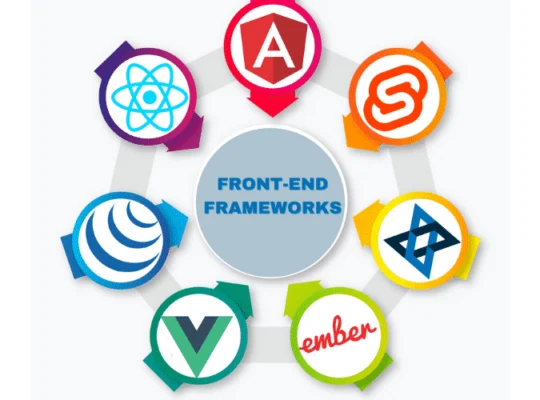Module 12: Advanced Swift (CLI) – Protocols, Extensions, Generics & Functional Programming
In this module, we dive into advanced Swift features that make your code more reusable, modular, and expressive, especially when building command-line tools and applications.
Protocols
Protocols define blueprints of methods, properties, or other requirements that suit a particular task or functionality. They enable you to write flexible and extensible code by defining contracts that types can conform to.
Extensions
Extensions allow you to add new functionality to existing classes, structs, enums, or protocols without subclassing or modifying the original source code. This helps organize code and extend types with new capabilities.
Generics
Generics let you write flexible, reusable functions and types that can work with any data type, while maintaining type safety. This reduces code duplication and enhances scalability.
Functional Programming with map, filter, reduce
Swift’s standard library includes powerful higher-order functions like map, filter, and reduce to process collections in a concise and expressive way.
Working with CommandLine.arguments
When building CLI apps, you often need to handle command-line arguments. Swift provides the CommandLine.arguments array to access these parameters and customize the app’s behavior accordingly.
Summary
- Protocols help define reusable blueprints for types.
- Extensions add functionality to existing types cleanly.
- Generics enable type-safe, reusable code.
- map, filter, and reduce simplify collection processing.
- CommandLine.arguments lets you build flexible CLI apps.
Understanding these advanced concepts is key to mastering Swift development, especially for complex or scalable command-line tools.





